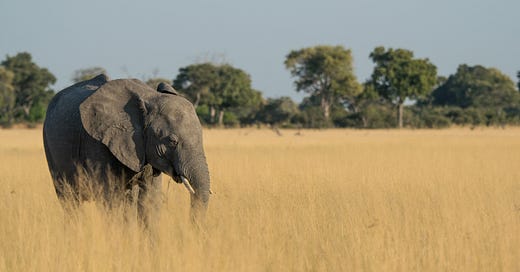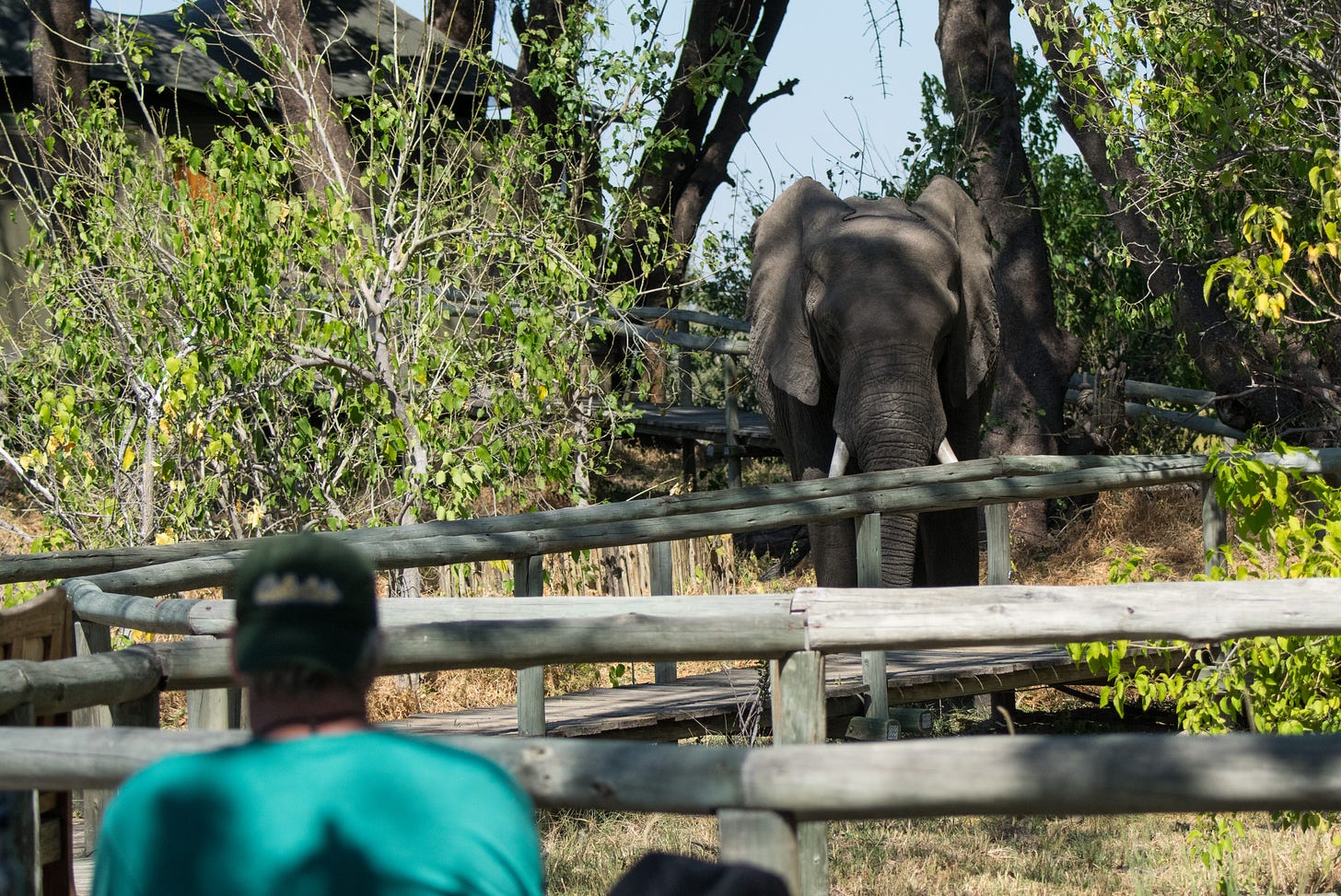Ladies and gents, musical guests, and creatures of all sizes and descriptions: it is all happening.
The summer of cicadas (for those east of the Rockies) is going *down*. (I talked about the Brood X emergence more in this post.) The first cicadas have been reported via cicada safari; if you would like to participate as a citizen scientist, download the app and start reporting your own sightings. If the rumors are true, folks from Georgia to New Jersey should have their hands (and hair) full of potential sightings in just a few short, sweet weeks.
***
I’ve been working on several nature-related writing projects. I am very excited & honored to have been asked to write a blog entry for Birdability, a new organization dedicated to making birding accessible for everyone. I’ll definitely link to that when (fingers crossed) that comes out.
If you’d be interested in contributing to Birdability, let them know – they’re very interested in having folks contribute to their Birdability Map. This is a “crowdsourced map which describes the accessibility features of birding locations all over the world. This allows people with accessibility challenges to find out in advance if a birding location is one they would like to visit.”
I love the work Birdability is doing to make nature more accessible to everyone, and to help the disabled community feel more comfortable exploring the outside and birding. As the founder of Birdability, Virginia Rose, points out, birding is the perfect kind of exercise because it doesn’t feel like exercise, and I couldn’t agree more.
***
In addition, I’ve also been working on a little essay on elephants, which I’m excerpting below. Let me know what you think in the comments, or get in touch at info@wanderfinder.com or on Twitter @wanderfinder. I look forward to hearing from you, and I hope you all have a wonderful week.
If we think about the sound an elephant makes, we think about his trumpet. The sound the animal made next to me was a soft, persistent chewing. Then a pause, while he unfurled his trunk, sensitive like an octopus’ tentacle, but also mighty like a great cat’s well-muscled leg. The elephant, whose name, I thought, was George, struck out his trunk away from me, and, twisting himself around some smaller branches, snapped them, and brought them to his mouth, which was v-shaped and loose, as if he were a muppet. The slow, steady chewing commenced again.
In all this time, George had not stopped looking at me, and I had not moved from my position, sitting on the toilet. There was only a screen between us. My tent sat on stilts, and I was at the elephant’s eye level, almost eyeball-to-eyeball.
Elephants have lovely eyelashes, as luxurious as a drag queen’s, or the fringe of a funeral umbrella in a New Orleans parade. His eyes were a weak brown color, hazel I suppose, but not milky or clouded. His eyes reminded me a little of my father’s — he had had hazel eyes, peculiar eyes, eyes that would flash almost yellow when he was angry. It was because of my father that my mother and I were here, in this tent together. She was napping in the tent behind me.
George finished his mouthful and sent his trunk out again, found branches, twisted, broke, chewed.
There were two elephants on this tiny island: George and Angry Bob. I was almost certain this was George. Angry Bob had already stolen our fruit that morning.







I'd love to hear more about the elephants.